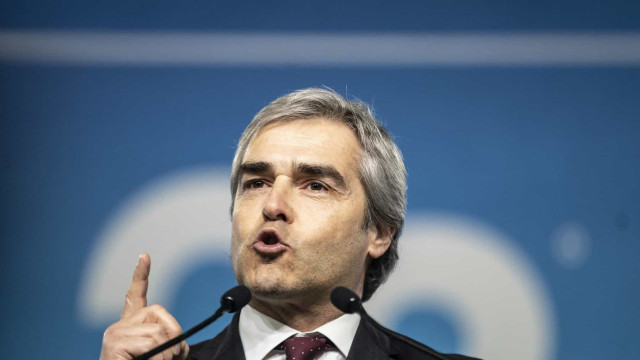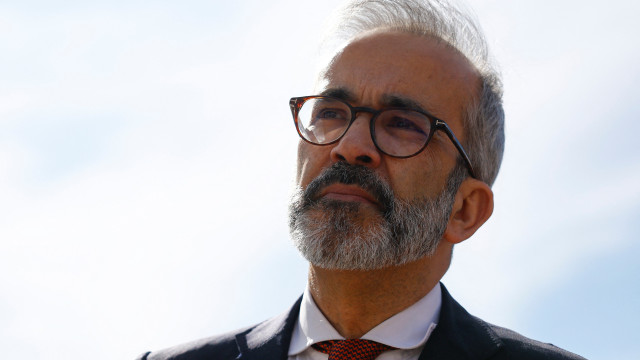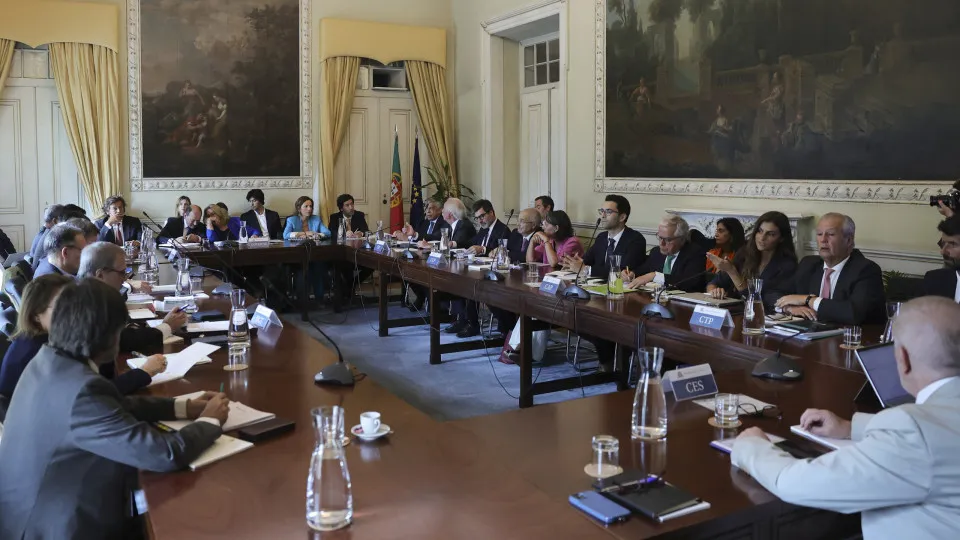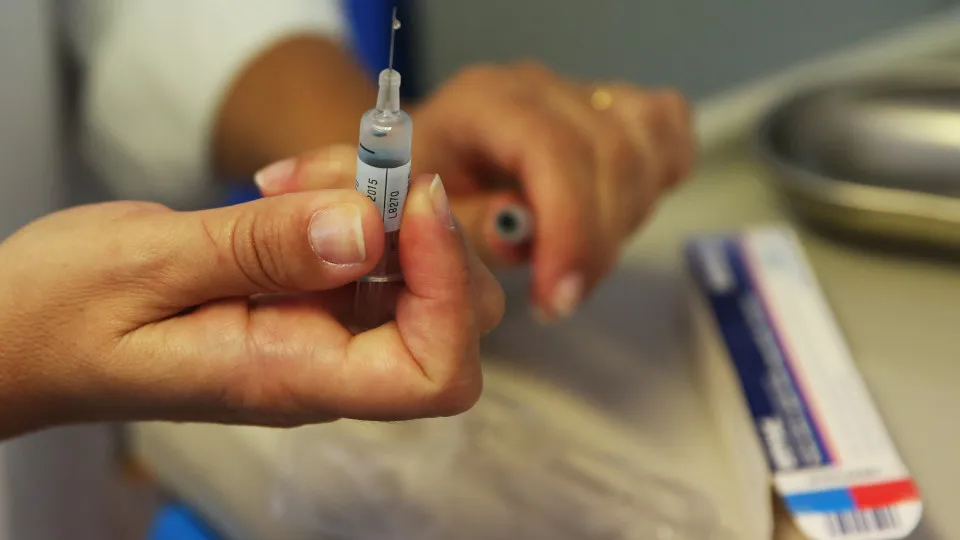The President of the Republic, Marcelo Rebelo de Sousa, stated on Monday that Israel remained “silent” towards Belém following the recognition of the State of Palestine, which happened on Sunday.
“I did not receive any response from Israel’s point of view,” he said when questioned on the matter in New York, United States, where he will participate in the United Nations (UN) General Assembly.
“Echoes reached us from what is called the Palestinian Authority, but from what is now the Palestinian state for us. More directed towards the Government, but also [reached] the Presidency of the Republic,” he distinguished.
The head of state also pointed out that at the UN headquarters, where he is scheduled to give a speech, several delegations approached Portugal to express their satisfaction with Portugal’s recognition made yesterday at the UN headquarters.
Marcelo recalled that there will be a conference on the two-state solution today, as there are still nations that have not recognized the State of Palestine. “What is now starting to open up is to study the day after,” he pointed out, noting that the focus now is on how to make it viable “in economic and social terms” and how policies of this nature can truly impact people’s lives.
The CDS considers the recognition “untimely.” Marcelo concerned?
The President of the Republic was also questioned about the CDS’s opposition concerning the recognition of the State of Palestine, as the party, part of the AD coalition, indicated that it did not find it “timely nor consistent” to take this step before it happened.
In a statement, the party made it clear that this would not affect the governmental coalition since it was not a topic included in the agreement. Marcelo noted that “it was not part of the coalition agreement. The coalition continues to fulfill its mission in institutional stability terms.”

The CDS-PP expressed its disagreement with the Government’s decision to recognize the State of Palestine on Sunday, considering it “untimely and inconsistent” and stating it should only occur within the framework of an institutional peace process.
Apart from reassuring Portugal about the potential fractures between the CDS and the Social Democratic Party coalition, Marcelo also highlighted that the party, whose president is Nuno Melo, held a “distinct” and significant position in the past when Paulo Portas was Foreign Minister. “I must acknowledge that there were moments when governments of similar coalitions took fundamental steps in the same direction as was taken now. We owe Paulo Portas important decisions regarding the status of observer of the Palestinian Authority in international institutions, voting in favor at difficult times,” he recalled.
Highlighting the importance of “recognizing the contribution made at that time,” Marcelo also noted: “We should even say that it happened more with center-right governments than with center-left governments, but that is how life is.”
The head of state also dismissed the notion that Portugal’s recognition was “more timid,” given that most countries chose their respective heads of government for the announcement, while Portugal made the announcement through its Foreign Minister, Paulo Rangel.

The head of Portuguese diplomacy, Paulo Rangel, emphasized that the recognition of the State of Palestine is based on at least three pillars, explaining them. Portugal supports the two-state solution to “defend Israel’s security” as well.
“If we compare hierarchies, the President is the highest-ranking body politically. And I will speak on this matter,” he remarked, explaining that Portugal preferred the announcement to be made at the UN, where Rangel and he himself were present.




